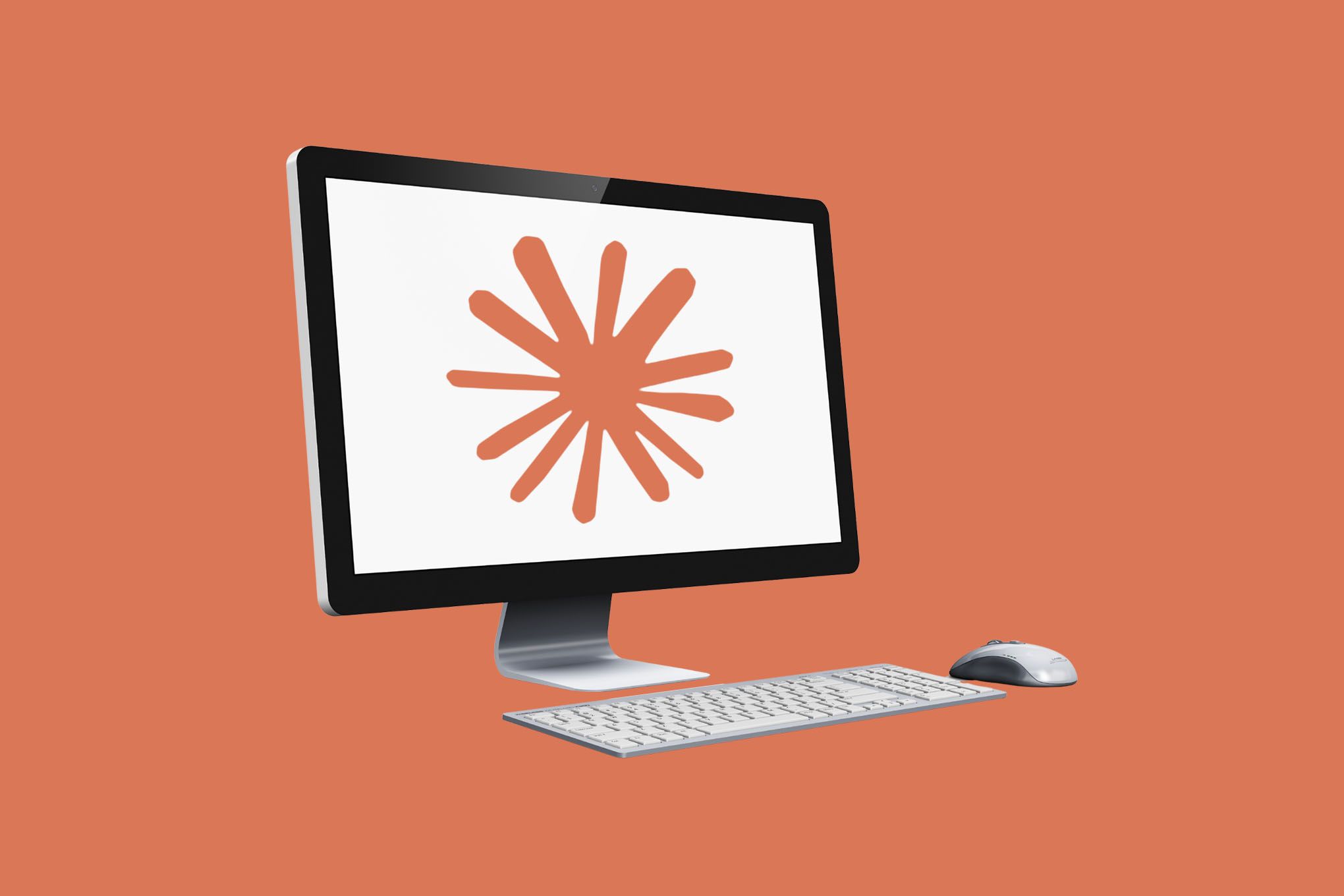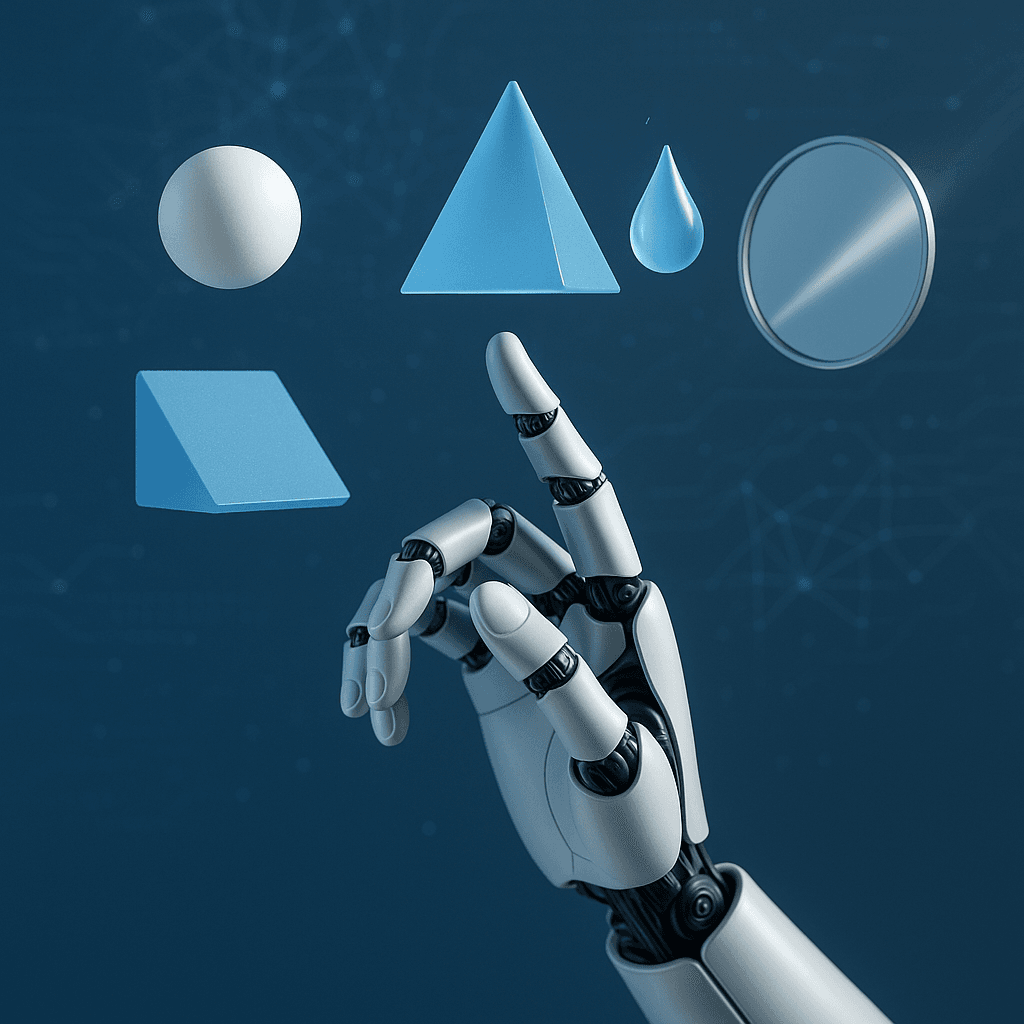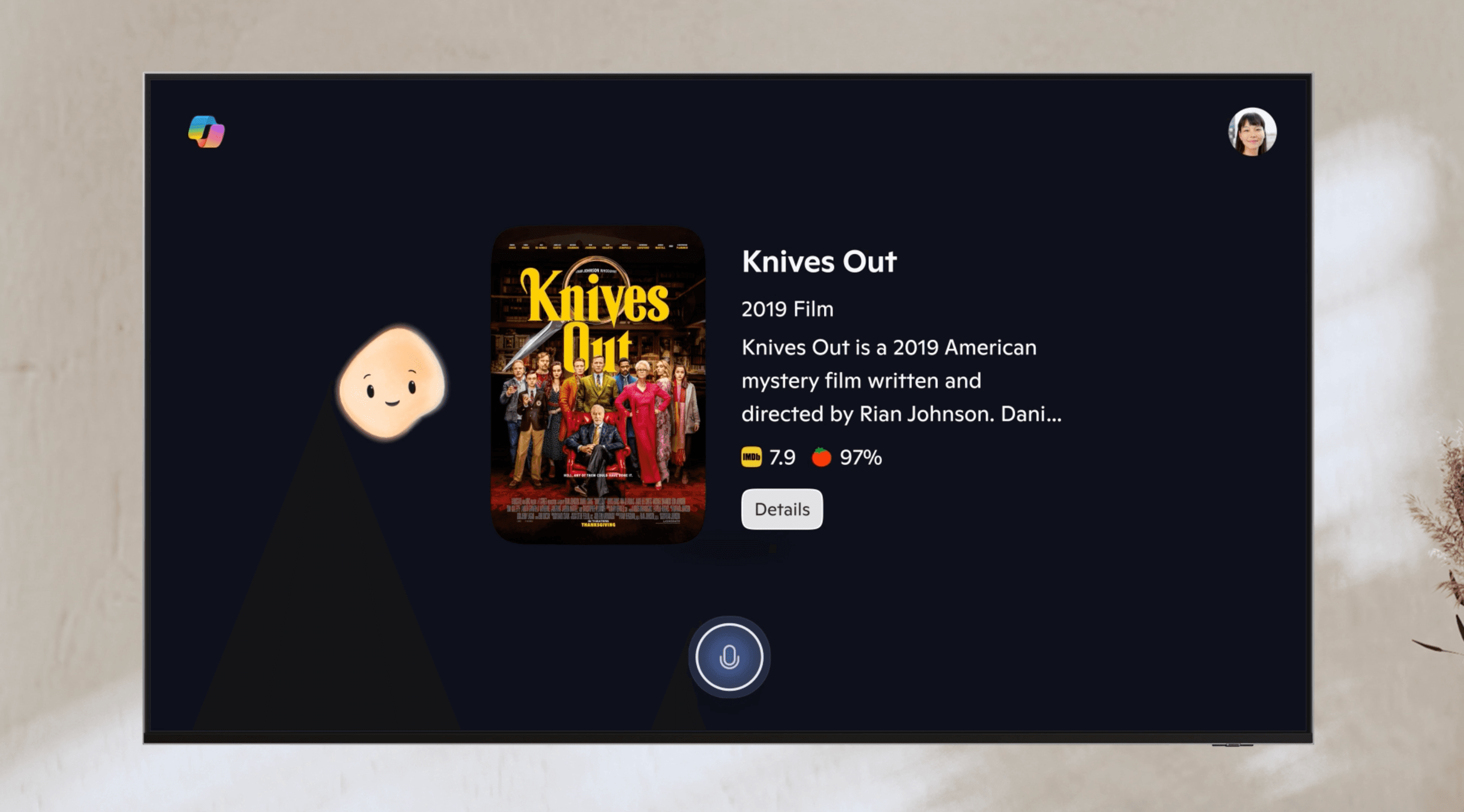Google just turbocharged its AI research assistant's global reach. NotebookLM's Video and Audio Overview features now support 80 languages, breaking down the English-only barrier that has limited the platform's international adoption since its July video launch. The expansion includes major languages like French, German, Spanish, and Japanese, potentially opening the AI study tool to billions of non-English speakers worldwide.
Google just shattered the language barrier holding back its breakout AI research assistant. The company announced Monday that NotebookLM now supports 80 languages across its Video and Audio Overview features, marking the platform's most significant accessibility leap since launching video capabilities in July. The timing couldn't be more strategic as OpenAI and Anthropic race to capture global markets with their own AI assistants. Google's move positions NotebookLM as the first major AI research tool to offer comprehensive multilingual video summaries, potentially unlocking access for billions of non-English speakers who've been locked out of the AI productivity revolution. The expansion covers major global languages including French, German, Spanish, and Japanese, according to Google's official announcement. But the real breakthrough lies in the enhanced Audio Overview capabilities. Previously, non-English users were stuck with brief summaries while English speakers enjoyed full-length, detailed audio breakdowns of their documents. That disparity ends today. "Users can get more in-depth overviews across over 80 languages," Google stated, while maintaining shorter overview options for users who prefer highlights. The competitive implications ripple far beyond Google's AI Labs. Microsoft's Copilot and Meta's AI tools have struggled with consistent multilingual performance, particularly in specialized academic and research contexts where NotebookLM excels. This language expansion could accelerate NotebookLM adoption in international universities and research institutions that have increasingly turned to AI for document analysis and synthesis. The feature launched just last month, allowing users to transform notes, PDFs, and images into video presentations. That English-only limitation immediately sparked user requests for broader language support across Reddit forums and social media. rapid response suggests the company is prioritizing user feedback as it battles for market share in the exploding AI productivity space. Early usage data from the July video launch likely showed strong international interest but limited adoption due to language barriers. The global rollout strategy reveals confidence in the underlying technology. Rather than a staged regional release, the company is pushing all 80 languages simultaneously over the next week. This aggressive timeline suggests robust testing and infrastructure preparation, particularly important given NotebookLM's growing popularity among students and researchers who often work with multilingual sources. Industry analysts see this as answer to criticism that its AI tools lag behind competitors in global accessibility. While offers broad language support, it lacks NotebookLM's specialized document analysis and video generation capabilities that have made it a favorite among academics and professionals.












